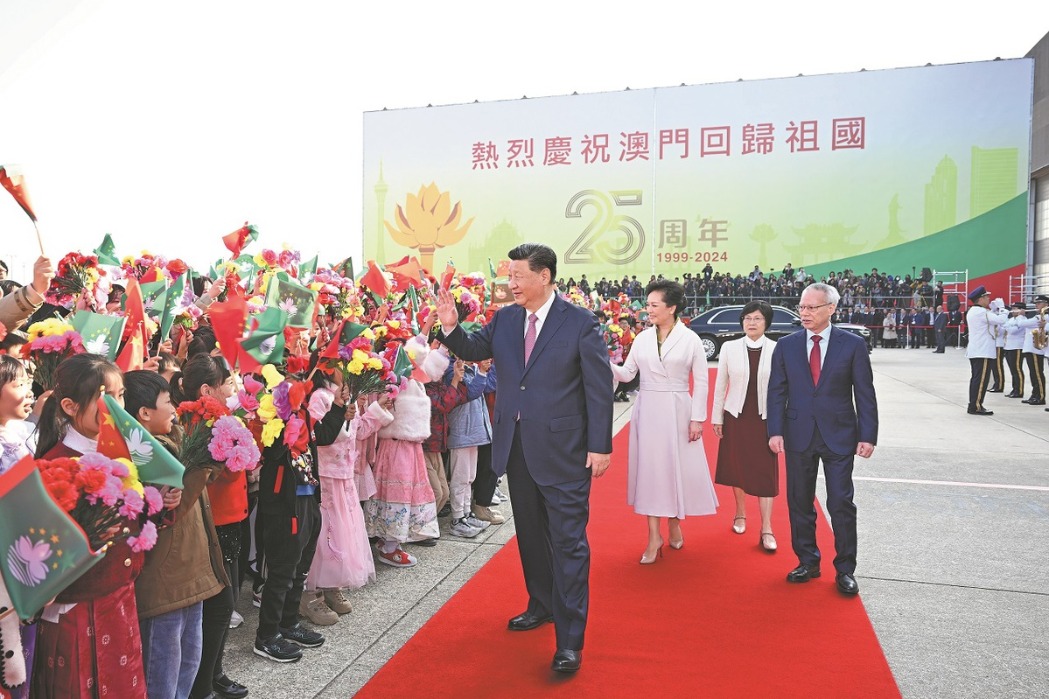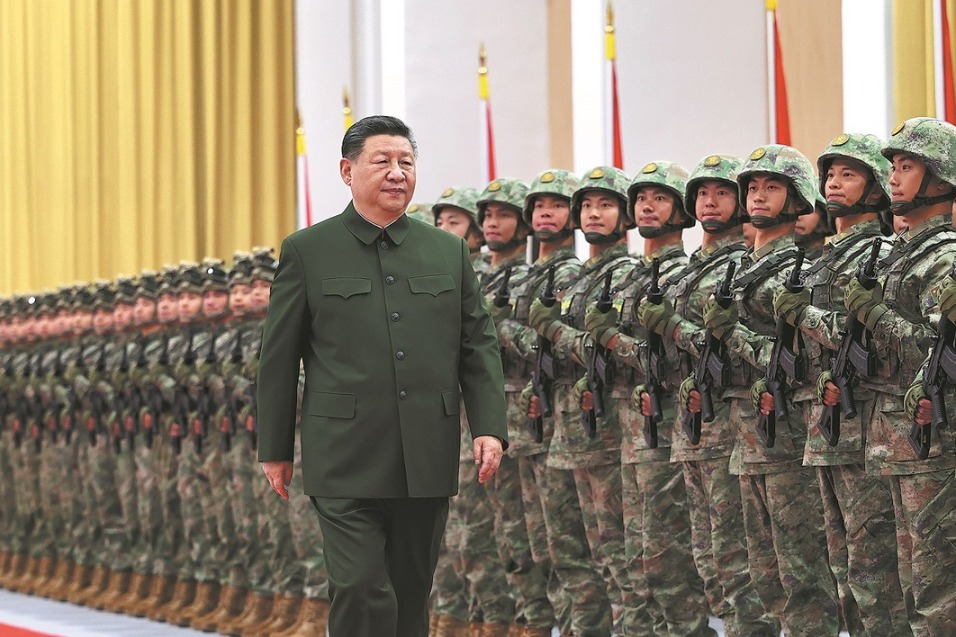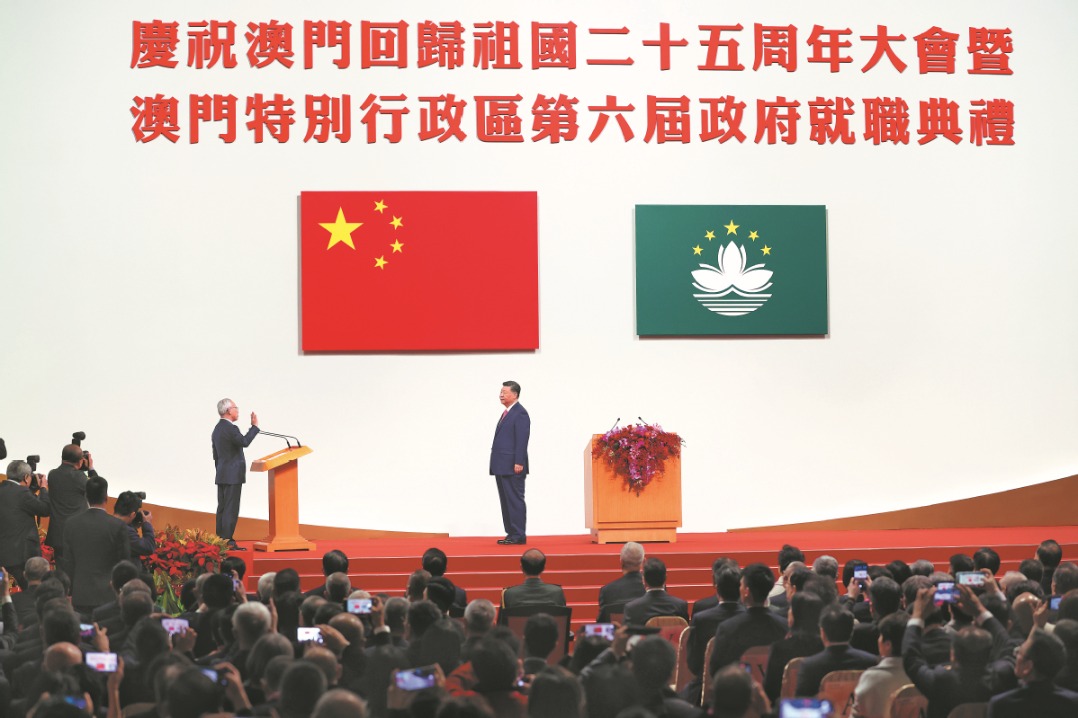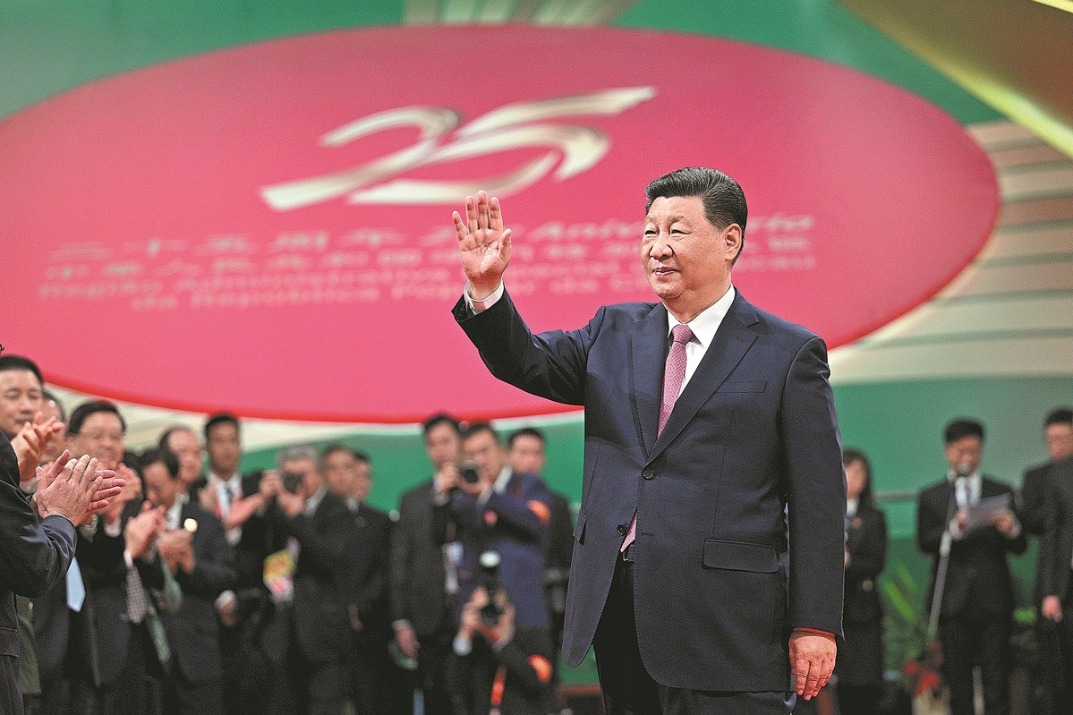Turning challenges into opportunities for good ties

 |
| Electricity pylons and a bridge in Myanmar's eastern Shan state. Chinese investment, as part of the Belt and Road Initiative, is improving infrastructure in the country, including roads, rail, energy and telecommunications.[Photo/AFP] |
In his meeting with his Myanmar counterpart on Monday, President Xi Jinping said China is willing to join hands with Myanmar to grasp the right direction of bilateral ties and lift their comprehensive strategic partnership to a higher level.
Myanmar President U Htin Kyaw's ongoing visit to China, which began on Thursday, has thus sent an unmistakable signal to the outside world that Beijing and Naypyidaw are dedicated to ensuring bilateral ties develop in a stable and healthy manner.
Since the establishment of diplomatic ties in 1950, China-Myanmar ties have deepened and thrived despite the vicissitudes of times. And "Paukphaw friendship", which refers to the traditional fraternal relationship between the two countries, has taken root in the heart of the two peoples.
It is a natural choice for the two countries to support each other on major issues that concern each country's core interests so that the two remain good neighbors, good friends, good Paukphaw and good partners for ever, as Xi has previously said.
This well explains Xi's remarks that China is willing to conduct more bilateral cooperation to promote the livelihoods of Myanmar people and play a constructive role in the country's domestic peace process.
In this regard, the China-proposed Belt and Road Initiative offers an unprecedented opportunity for Myanmar's development. This open and sharing platform has won the support of more than 100 countries and organizations in the world.
And, obviously, China and Myanmar have everything to gain from connecting each other's development strategy and deepening reciprocal cooperation in such fields as trade, investment, infrastructure, forestry, education, energy, health and agriculture.
Admittedly, some difficult issues exist between them, but these challenges can be turned into opportunities as long as the two sides work together to properly handle them.
In recent years, fighting in Kokang, northern Myanmar, has spilled over into China several times, which has resulted in the deaths of some Chinese and property losses. To prevent the recurrence of such mishaps, Myanmar needs to shoulder more responsibility for maintaining security and stability over the border area.
However, China and Myanmar have vowed to build a zone of economic cooperation in the border area, which shows their strong political will not to let the issue come between them and to maintain the positive momentum in bilateral ties. This will cater to not only the interests of both neighbors but also the region at large.

































